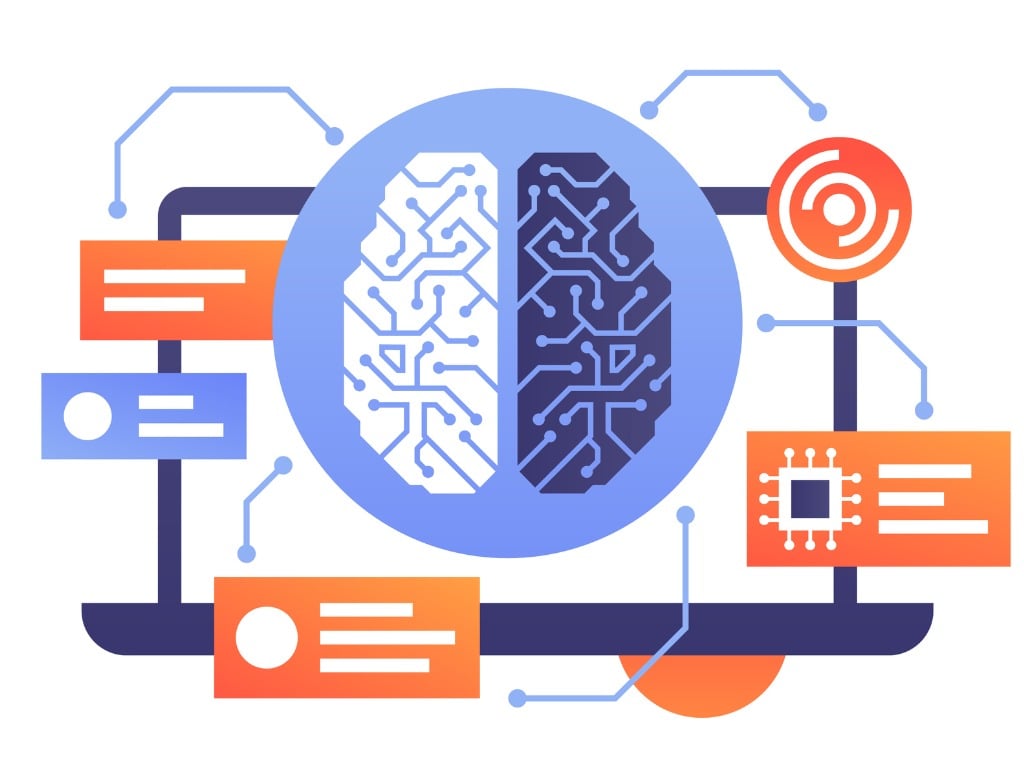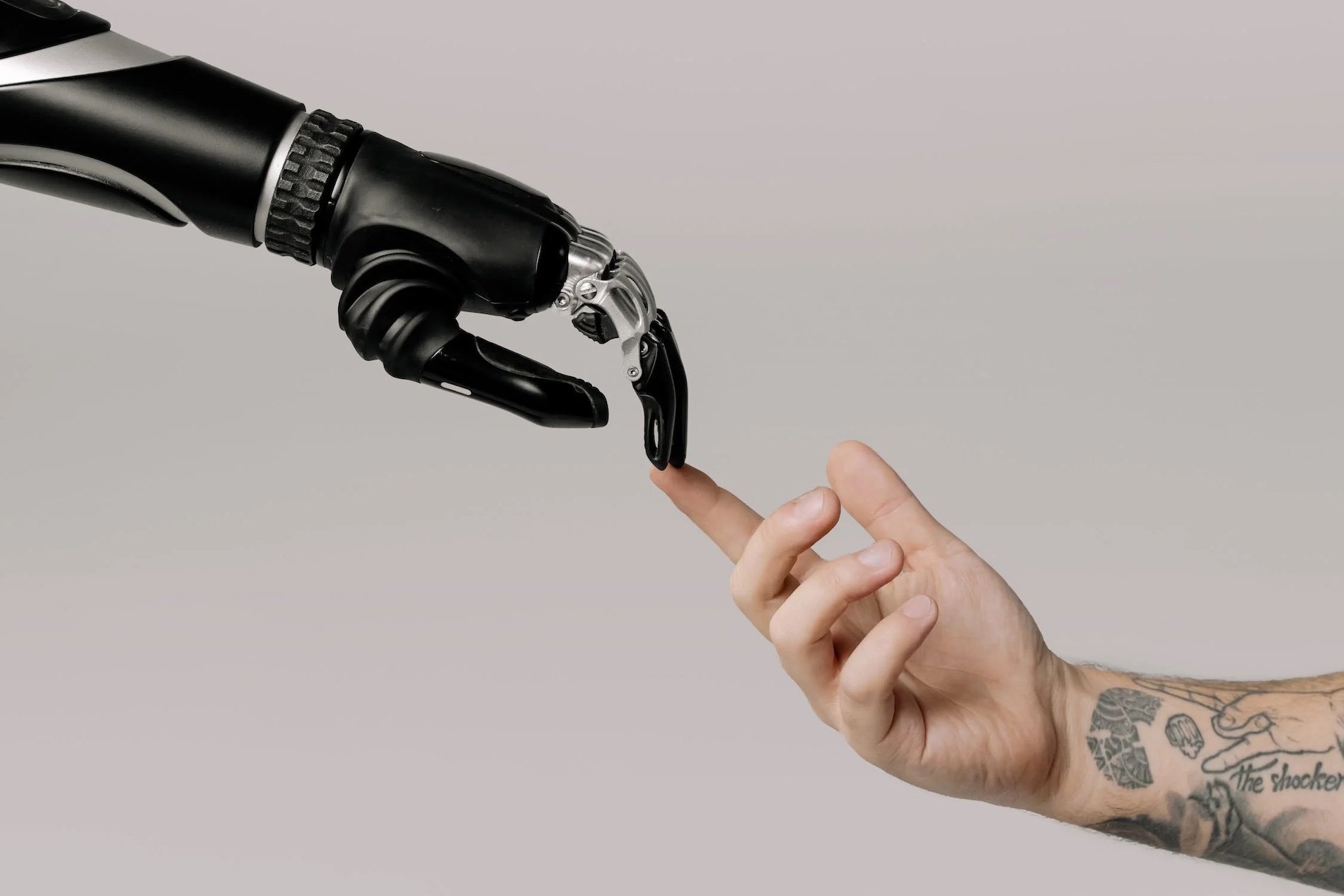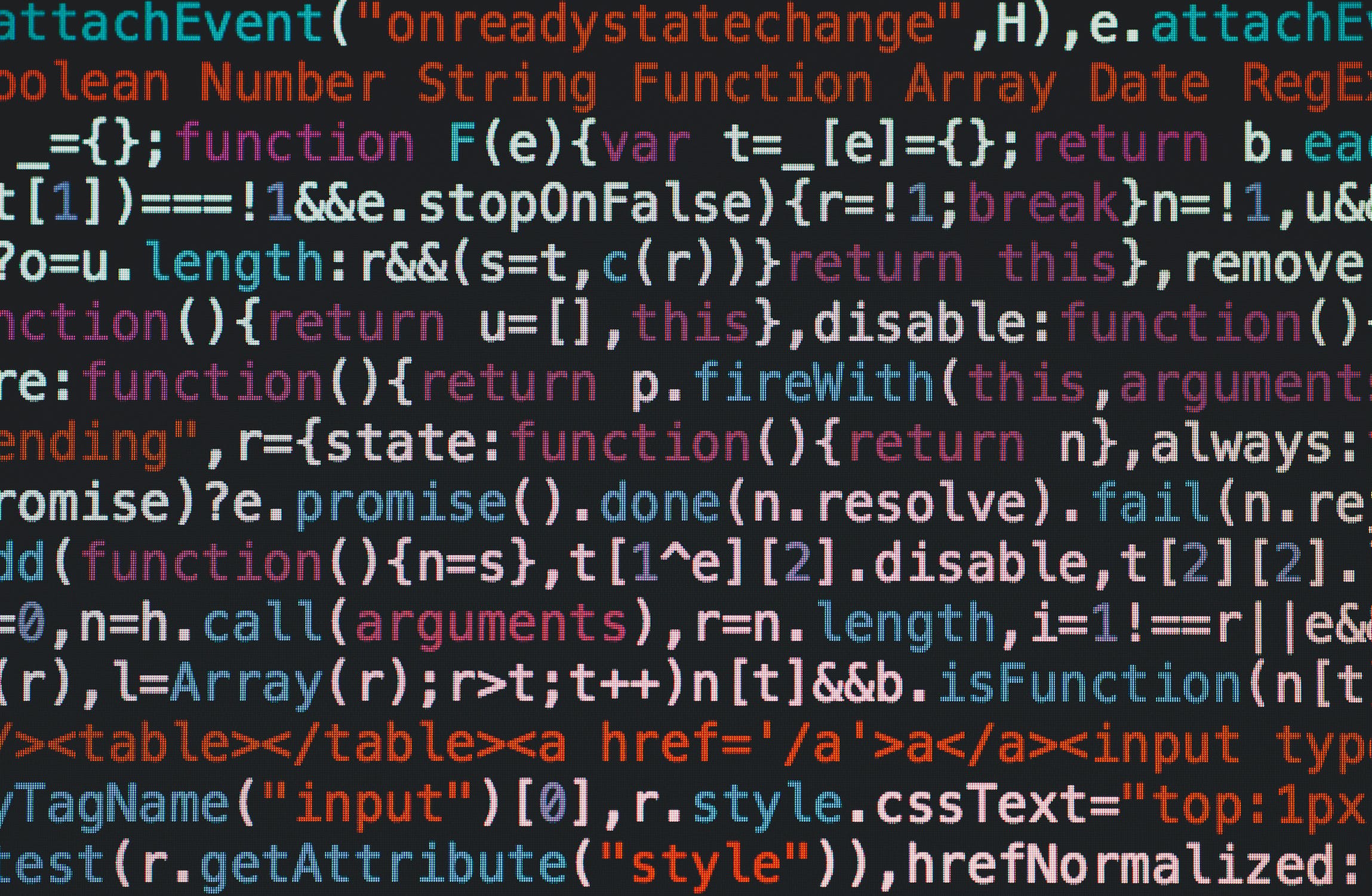Knowing the exact time of your death might not be reassuring, yet artificial intelligence is ready to tell you (scary, right?).
While death is the only thing certain in this life, advances in AI want to help humans close that window of anticipation.
What Is Machine Learning?

A new study from Nature Computational Science discovered that it is possible to make accurate death predictions by using a form of AI called machine learning.
Machine learning actively equips computers with the ability to learn from data, bypassing the need for explicit programming. This means that machines can improve their performance on a specific task through experience, just like humans do.
This type of algorithm relies on large amounts of data so they can identify patterns and make more accurate predictions.
The Research Behind Predicting Death

The authors of the study report that the “sheer scale” of their data, which was a decade’s worth of day-to-day records from more than 6 million people living in Denmark, was the key to their research.
The data includes health records, salaries, working hours, residences, and more. This information was fed to the machine-learning algorithm created by the researchers.
Life2vec Is Put to the Test

Creating a deep-learning model called “Life2vec,” the AI maps out detailed sequences of an individual’s life events, according to the study. How exactly did the researchers test Life2vec?
Nothing sinister happened in this test. However, they did run a subset of data to see if Life2vec could predict if someone had survived in the four years after 2016, an answer the researchers already knew but the algorithm did not.
How Was Life2vec Tested?

The study’s lead author, Sune Lehmann, a professor at the Technical University of Denmark, told CNN, “To test how good [Life2vec] is, we pick a group of 100,000 individuals where half survive and half die.”
The researchers focused on individuals between 30 and 55 years old, the ages when mortality is harder to predict.
These Three Groups Have a Lower Survival Rate

Life2vec, however, could predict the mortality of individuals 78% of the time, according to CNN. The study discovered that individuals with high incomes or held managerial roles were more likely to survive.
In this study, men, individuals employed in skilled trades, and those with diagnosed mental health conditions were more likely to have succumbed to the illness under investigation.
The Current Bias in Life2vec’s System

Life2vec’s accuracy is heavily influenced by the data it’s fed, with a greater number of health events leading to stronger performance. The AI algorithm also performed better with younger people and women, according to the researchers.
While there are other “state-of-the-art methods” that can predict death, the authors of the study found that Life2vec outperformed them by 11 percent.
Life2vec Can Do More Than Predict Your Death

Life2vec went beyond predicting mortality; it delved into the realm of personality, using its analysis to forecast subjective human traits. The researchers know the personal traits of the test subjects thanks to a questionnaire, Life2vec could accurately make predictions about many human personality traits.
Given specific data, the algorithm could model the relationship between self-esteem and social behavior.
Life2vec Has a Greater Purpose

It seems silly to create a machine that can predict your death or personality traits, but there is a good reason to why Life2vec exists. Researchers now have a new way of analyzing human lives as sequences of events.
Drawing inspiration from BERT, a powerful language model crafted by Google AI in 2018 for deciphering word relationships and context, the approach, Life2vec is constant learning and improving.
Patterns Reveals a Truth

Human life seems like a big mystery to most people, but there are patterns to everything. Life2vec tries to capture those patterns between different life events–like education, career milestones, and health issues–to make statistical predictions about future life events.
While you won’t know the day you die, Life2vec could estimate the probability of death within a certain time frame with 79% accuracy.
Life2vec Isn’t the Most Comforting Doctor

According to the study, Life2vec can also predict life transitions, like career shifts, relocations, or retirement, and individual traits, like personality aspects and risk factors for health conditions.
Rather than think of Life2vec as a death predictor, think of it as a robot doctor who can make mostly accurate predictions about your future health. What you do with that information is up to you.
What Knowing a Person’s Death Could Mean in the Future

Researchers are exploring the potential of deep-learning AI, such as Google’s project, to analyze health data and estimate mortality risk, acknowledging the limitations of achieving absolute certainty in predicting death.
This information could have some major impacts on the real world, especially the work driven by insurance companies. Time will only tell if knowing our death will help or harm us. Until then, here is to hoping there is life after death.








































